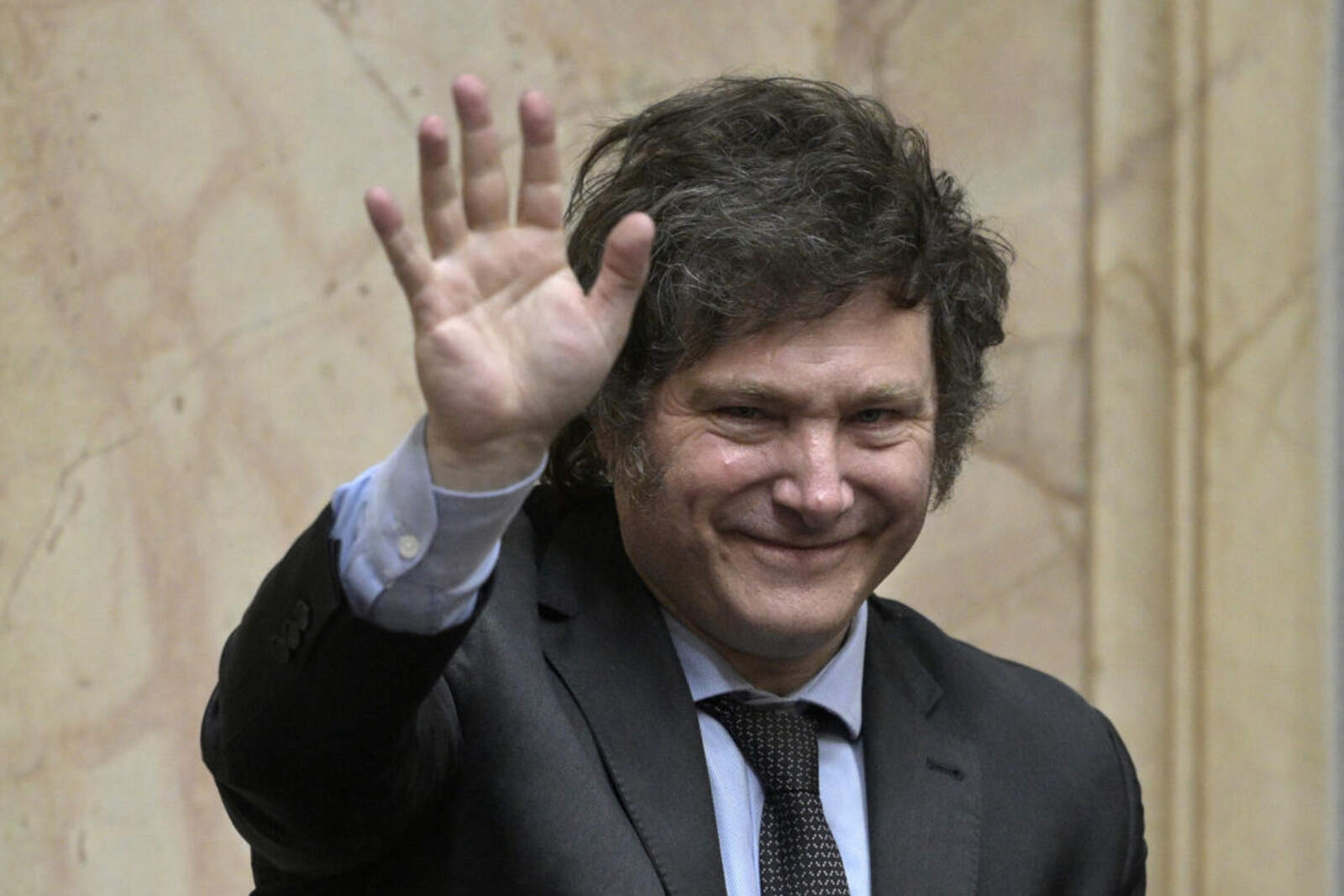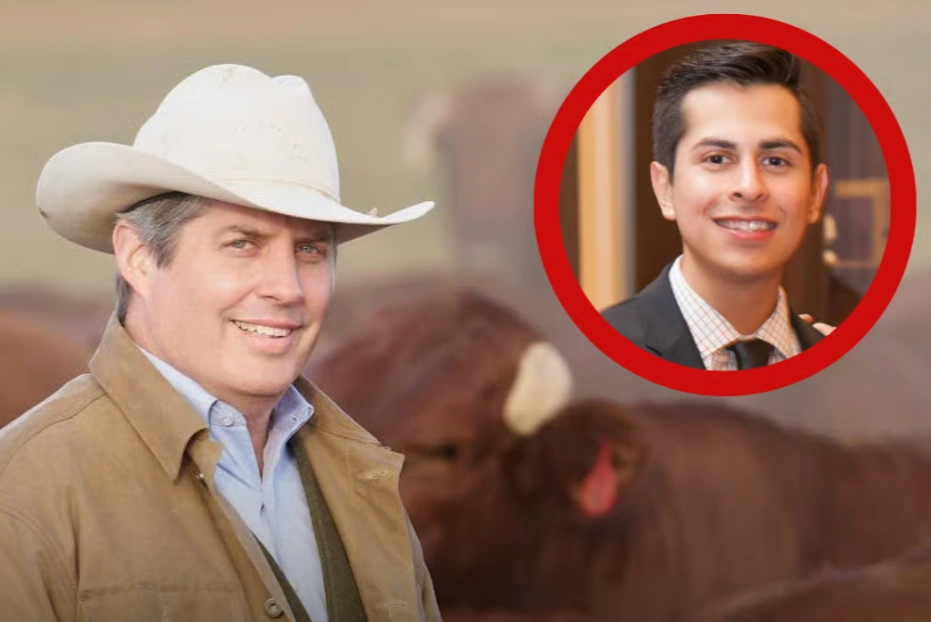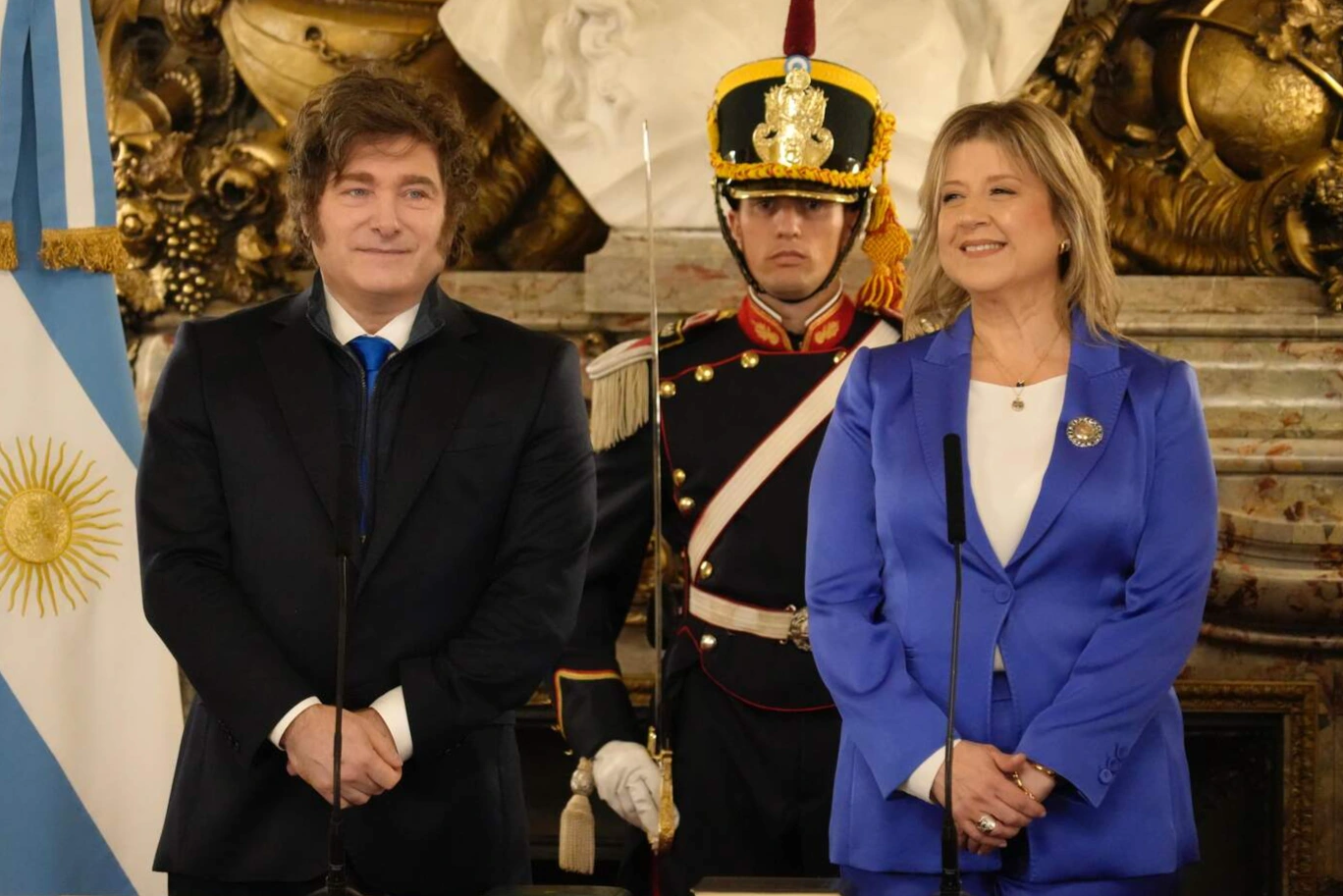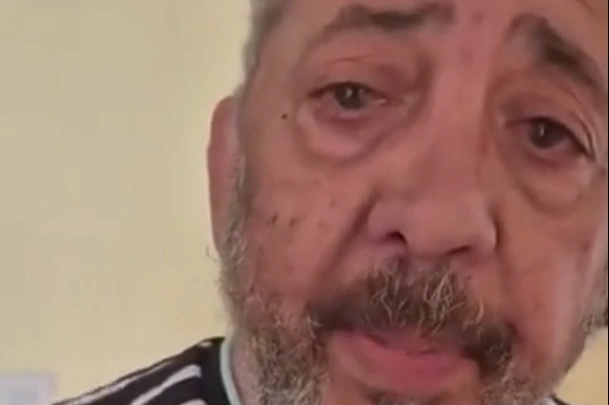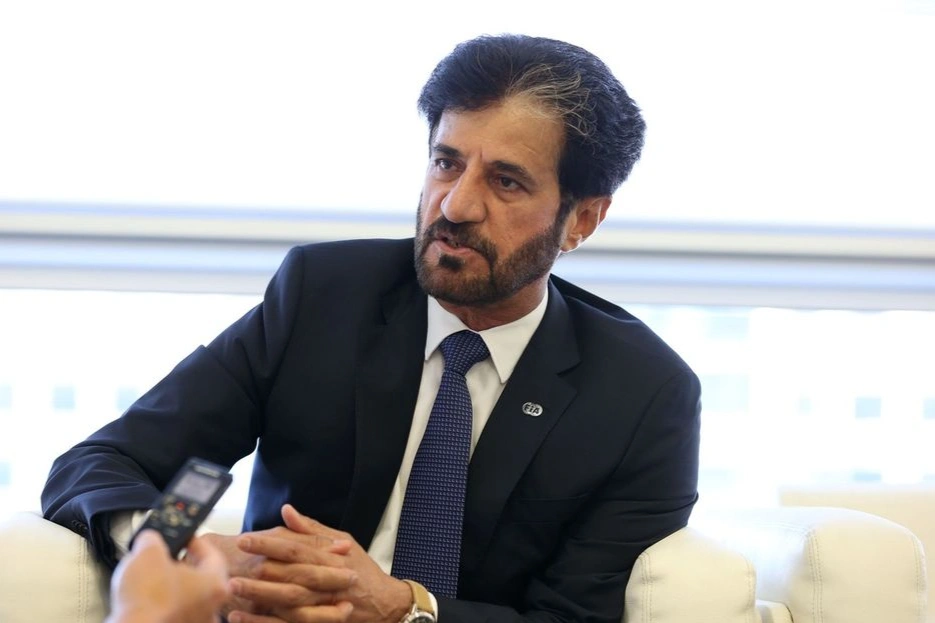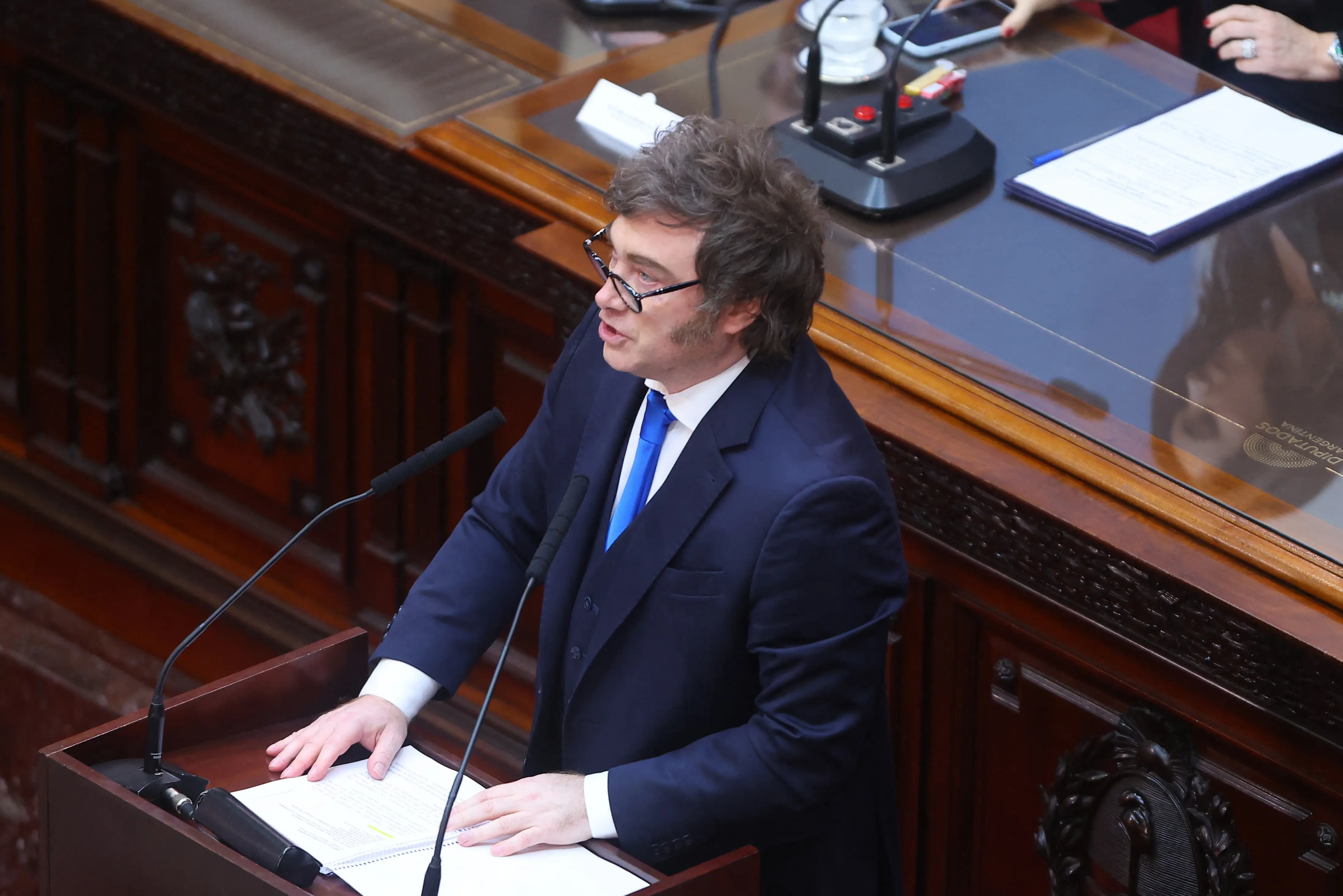In a new step toward economic deregulation and the rebuilding of citizens' trust, the Government of Javier Milei announced this Thursday the launch of the "Historical Savings Repair Plan for Argentinians", an ambitious package of measures that includes the presentation of a bill aimed at shielding private savings from potential state interventions by other governments.
From Casa Rosada, the presidential spokesperson, Manuel Adorni, detailed that the plan will be implemented in two stages: a first through a presidential decree that will take effect immediately, and a second that involves sending a law to Congress to legally consolidate the defense of the right to save freely.
"The State's objective will no longer be to pursue good Argentinians but to pursue drug traffickers and criminals who see crime as a way of life," stated Adorni, sharply differentiating the new government's approach from past practices.

The bill, he explained, will seek to ensure that citizens do not have to constantly prove where their money came from, reinforcing the constitutional principle of presumption of innocence and respecting private property as the cornerstone of the economic system.
In a deep cultural and political shift, Adorni emphasized: "We need to change our mindset so that the State respects an essential truth: your dollars, your decision. In other words, what's yours is yours and not the State's. What's yours is yours and you can spend and use it as you wish." If approved, the legislation would establish a legal shield against potential controls or confiscations of savings, consolidating a framework of predictability and respect for citizens' rights.

